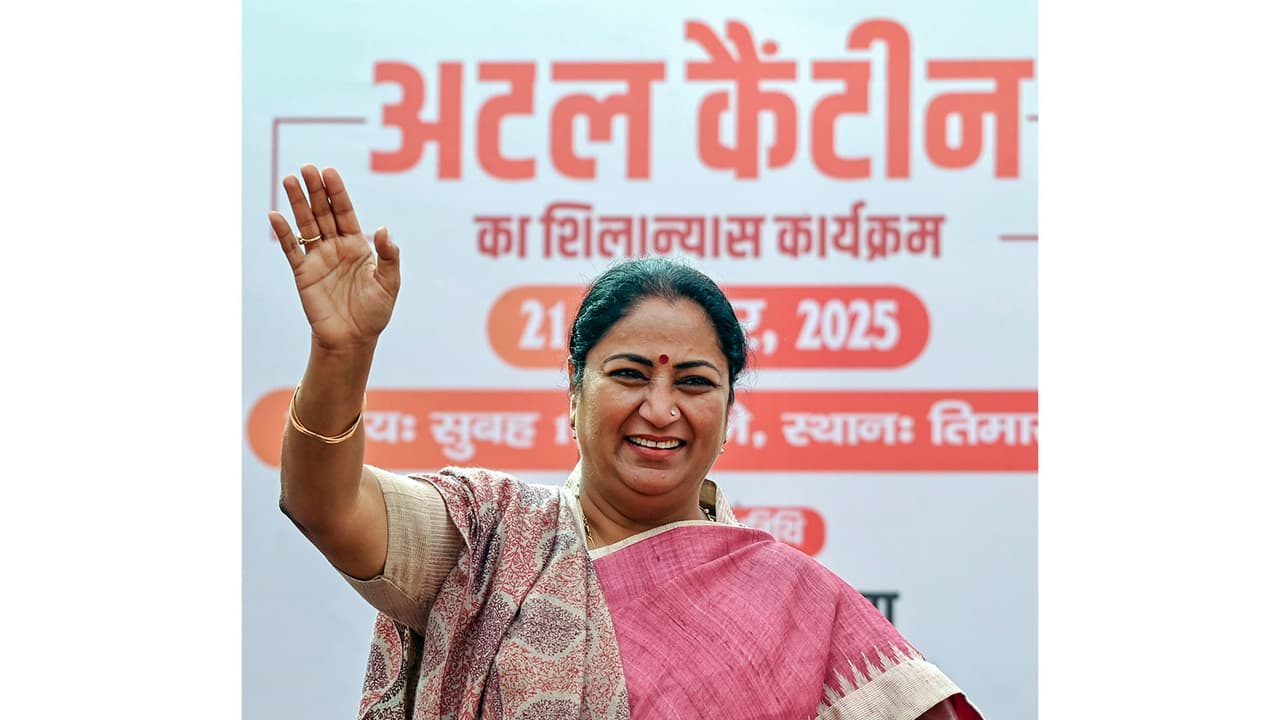The DUSIB Board, led by CM Rekha Gupta, approved key welfare initiatives for Delhi’s poor. This includes renovating 2,416 flats in Sawda Ghevra, building 124 Ayushman Arogya Mandirs, and ensuring essential facilities in slum colonies.
The 34th Board Meeting of the Delhi Urban Shelter Improvement Board (DUSIB) was held on Friday, during which several important decisions were taken to advance the welfare, rehabilitation, and socio-economic upliftment of the poor living in the national capital. The meeting was chaired by Chief Minister Rekha Gupta. Discussions covered the rehabilitation of slum dwellers, renovation of ready-to-occupy flats, progress of the Atal Canteen Project, and the expansion of essential urban facilities for economically weaker families. Reaffirming her commitment, the Chief Minister emphasised that the Delhi Government is fully dedicated to improving the living conditions of the poor and that no shortage of budget will be allowed in schemes designed for their welfare. The meeting, held at the Delhi Secretariat, was attended by Delhi’s Urban Development Minister Ashish Sood, Board members, and senior officials of the concerned departments.
Major Decisions on Housing and Amenities
A major decision of the Board was to repair and renovate 2,416 ready flats in Sawda Ghevra and expedite their allocation. The Chief Minister directed officials to complete all renovation work by 15 January and stated that allocation should begin only once water supply, electricity, sanitation, and all other essential facilities are fully functional.
Gupta instructed officials to ensure the mandatory development of essential facilities across all DUSIB colonies. These include commercial units such as daily-need shops and vegetable markets, community halls, Arogya Mandirs, sewage treatment plants, solid waste management systems, adequate water arrangements, and well-developed parks, roads, electricity lines, and sewer networks, thereby ensuring that each colony provides residents with a safe and complete set of basic amenities.
Healthcare and Area-Specific Renovations
The Board approved a proposal to establish Ayushman Arogya Mandirs at 124 DUSIB locations, which the Chief Minister described as a major step towards improving healthcare access for slum residents. Approvals were also granted for major renovation works in several areas, including the repair of flats in Sultanpuri, the renovation of flats in Dwarka, and the repair works in Bhalswa. The Chief Minister directed officials to accelerate infrastructure development in these locations to enable early allocation of the flats.
Directives for Project Execution and Planning
The Chief Minister further directed that in areas where poor families and rickshaw pullers will reside, e-rickshaw charging stations and adequate parking facilities must be mandatorily developed. She instructed that comprehensive layout plans for all ongoing and upcoming projects be prepared and presented in the next Board Meeting for thorough evaluation.
Gupta directed DUSIB officials to ensure that rehabilitation projects, Atal Canteen construction, infrastructure development, and the establishment of Arogya Mandirs are executed swiftly, with high quality and full transparency. She reiterated that providing every slum dweller with a safe, dignified, and well-equipped living environment is the government’s topmost priority, supported by adequate financial resources.
Urban Development Minister’s Instructions
During the Board Meeting, Urban Development Minister Ashish Sood instructed officials to ensure proper arrangements for commercial activities in newly constructed as well as existing DUSIB flats. He emphasised that essential daily needs facilities such as vegetable shops, milk booths, and Arogya Mandirs must be provided within the premises to ensure convenience for residents. He further directed the DUSIB CEO to adopt a holistic and integrated approach in future housing projects, ensuring seamless inclusion of residential facilities, healthcare, sanitation, community amenities, and livelihood opportunities. (ANI)
(Except for the headline, this story has not been edited by Asianet Newsable English staff and is published from a syndicated feed.)
